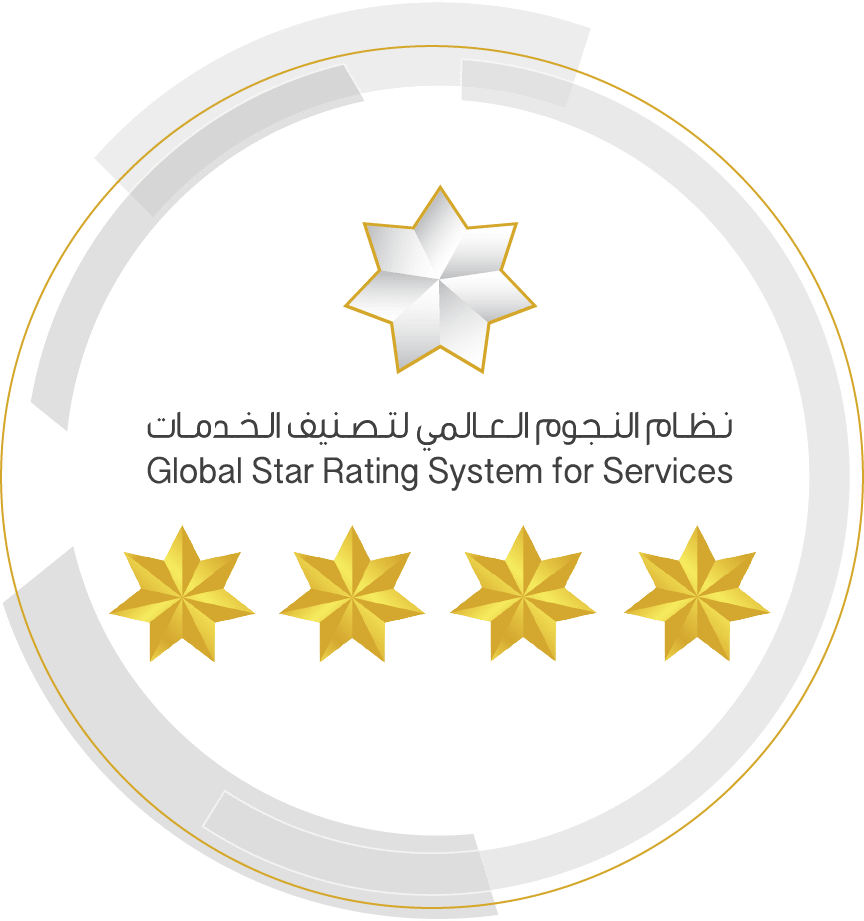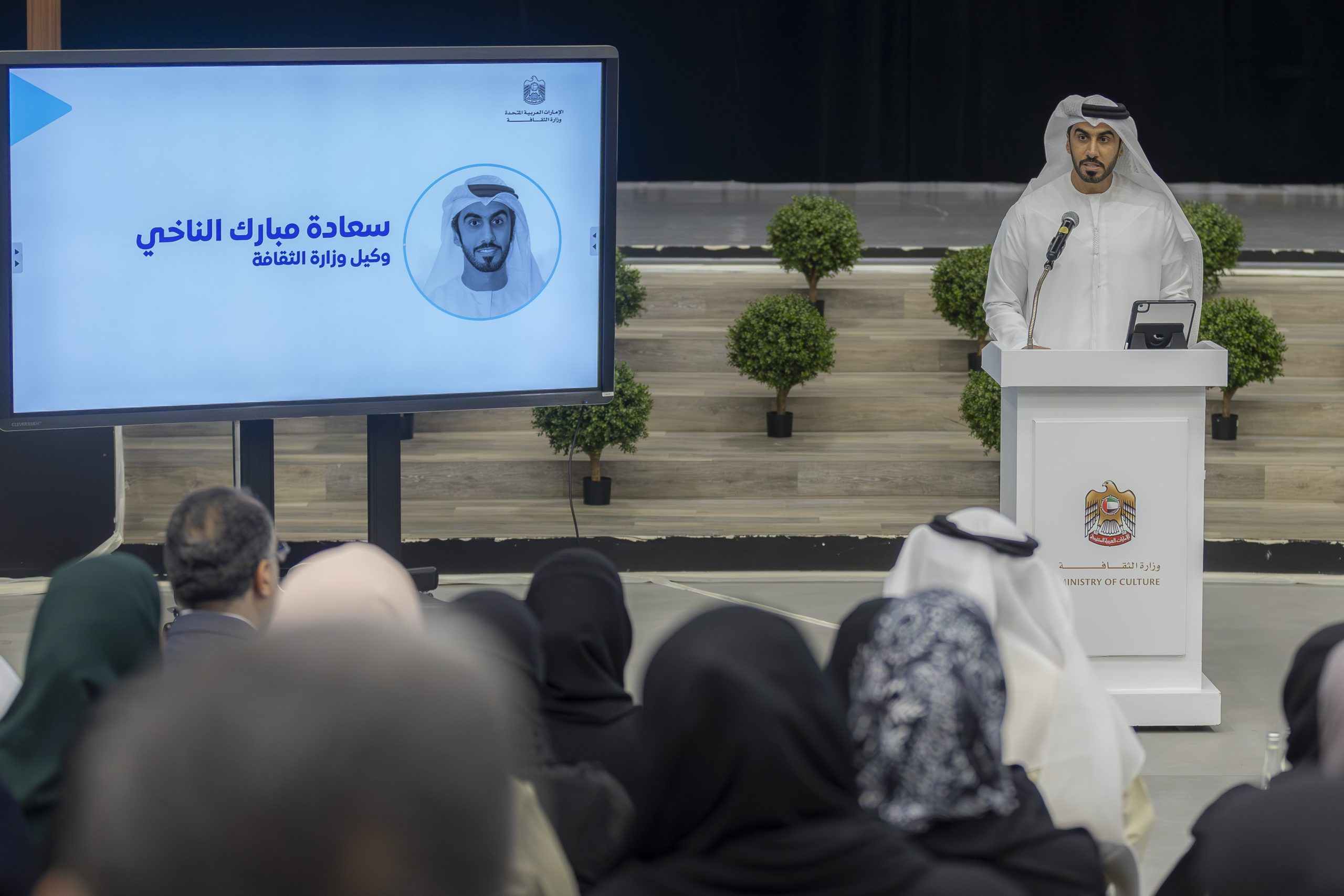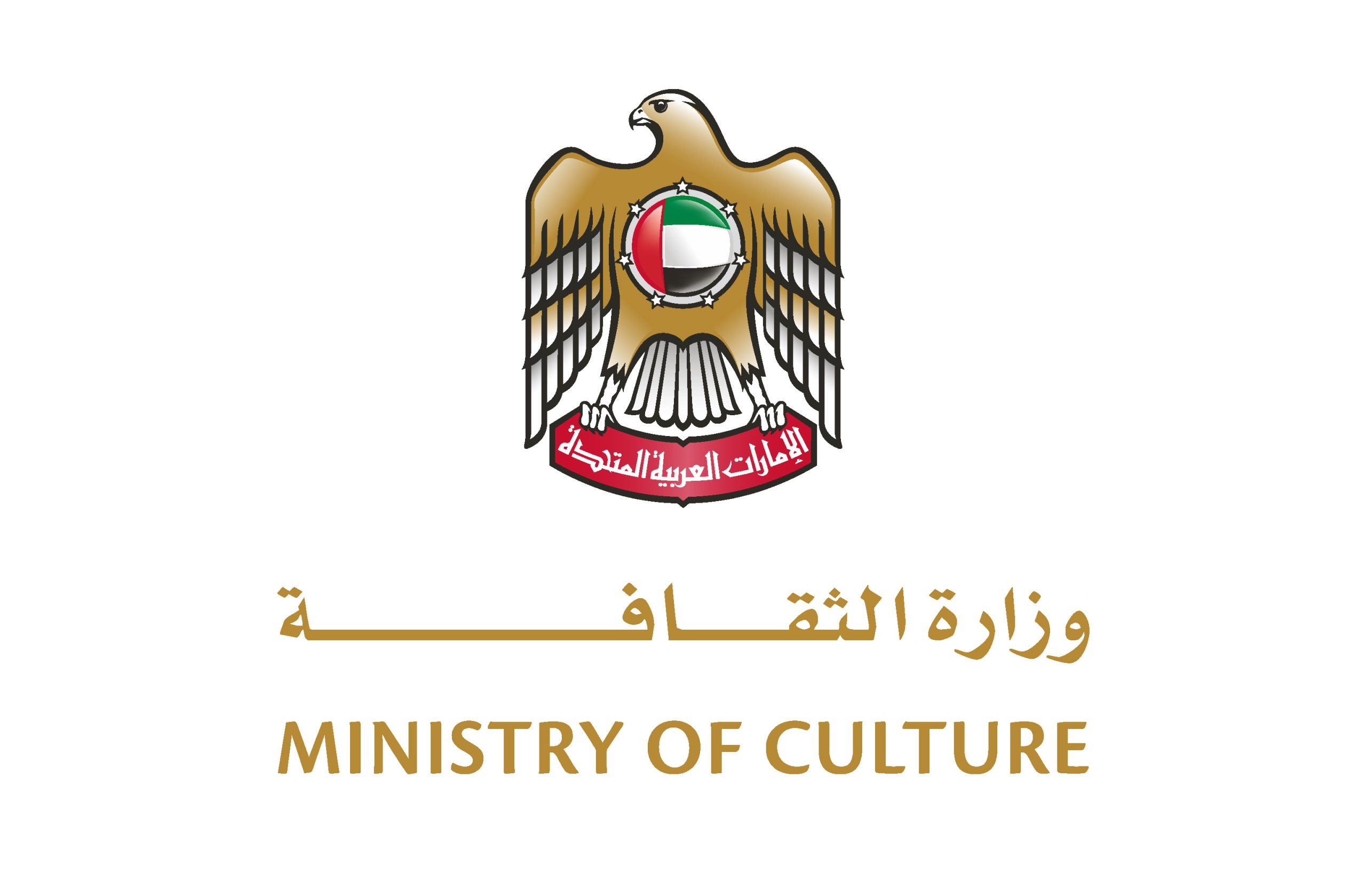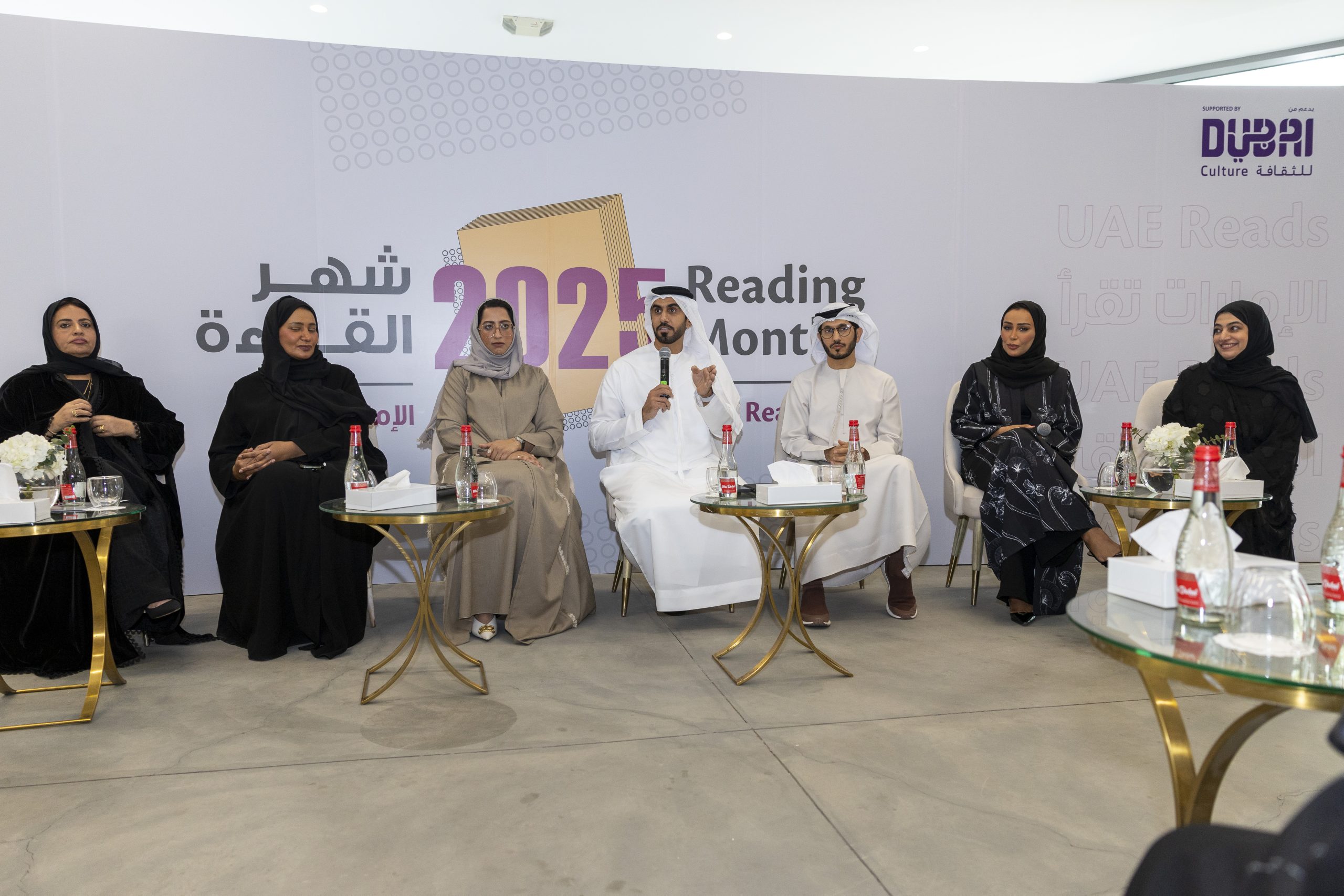Notifications
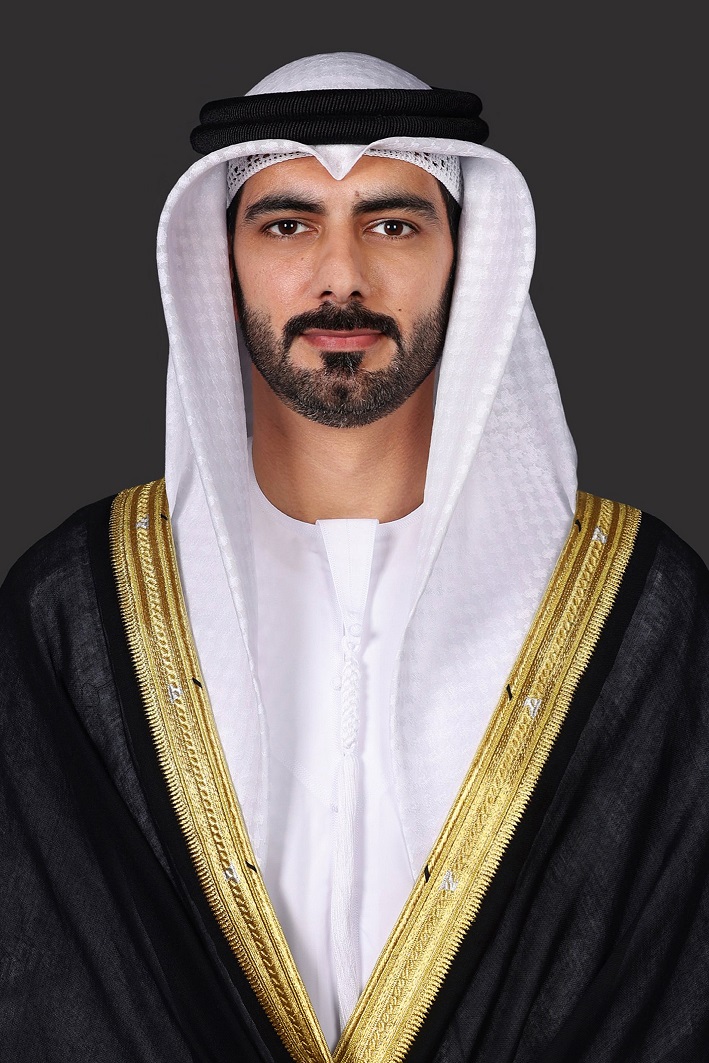
The UAE Elected as Vice Chair of UNESCO’s Intergovernmental Committee for Protection and Promotion of Diversity of Cultural Expressions
March 8, 2024
The United Arab Emirates has been elected as the Vice Chair of UNESCO’s Intergovernmental Committee (IGC) for the Protection and Promotion of the Diversity of Cultural Expressions for 2025. This decision was made based on the UAE’s significant efforts and contributions in this field making it a beacon of cultural and civilizational diversity both regionally and internationally.
The appointment was made during the 17th meeting of the committee, which was recently held at UNESCO’s headquarters in Paris, France, from February 27 to March 1. During the meeting, the UAE’s Permanent Delegation to UNESCO nominated the country for the position of Vice Chair of the Committee for the period up to 2025, in view of its extensive experience in the Convention on the Protection and Promotion of the Diversity of Cultural Expressions. The UAE Permanent Delegation previously held the position of Rapporteur of the Committee in 2023. The UAE was represented by Ebtesam Alzaabi, Acting Secretary General of the UAE National Commission of Education, Culture and Science.
In a statement, Sheikh Salem bin Khalid Al Qasimi, Minister of Culture and Chairperson of the National Commission for Education, Culture and Science, said, “The UAE’s election as Vice Chair of UNESCO’s Intergovernmental Committee for Protection and Promotion of the Diversity of Cultural Expressions is a testament to the nation’s dedication to safeguarding and enhancing cultural expression. With over 200 nationalities living in harmony and governed by the rule of law across the nation, the UAE stands as a beacon of cultural diversity. This harmony is rooted in our commitment to dialogue, communication, and tolerance, creating a society where diversity is not only accepted but is the cornerstone of our progress and social development. This was made possible by our wise leadership’s vision, which has established the required frameworks and legislation, recognising that diversity is the key to social progress and development.”
He added, “The UAE is dedicated to collaborating with the Committee’s Member States to create a comprehensive action plan aimed at achieving the convention’s objectives. Since joining the UNESCO’s IGC for the Protection and Promotion of the Diversity of Cultural Expressions in 2010, the UAE has presented six main action proposals. These focus on improving dialogue and knowledge exchange regarding policies, best practices, and necessary measures to strengthen the creative economy. Additionally, the UAE contributes to the development of talent support policies and best practices, enhances integration between the culture and education sectors, pursues sustainable cultural career paths, and identifies required cultural data and indicators. The UAE also strives to leverage and promote technological advancements to bolster cultural economies, enhance intellectual property protection, and establish the necessary frameworks to support the growth of cultural activities on digital platforms.”
The delegation from the UAE that participated in the meeting discussed the state’s efforts to promote creativity in all areas of progress and development. The UAE delegates emphasised the importance of producing data in the cultural and creative industries sector and integrating creativity into the methodology for achieving sustainable solutions to climate change. They also highlighted the impact of modern technologies and artificial intelligence on cultural and creative industries.
The Intergovernmental Committee was created under the UNESCO Convention for the Protection and Promotion of the Diversity of Cultural Expressions. It is composed of delegates from 24 States who are elected by the Conference of the Parties every four years. They meet once a year periodically.
The 2005 Convention on the Protection and Promotion of the Diversity of Cultural Expressions established a specific framework for developing policies and implementing measures to encourage the growth of dynamic and creative cultural industries and markets worldwide. The Convention has been ratified by 146 parties, including 145 countries and the European Union. These parties convene every two years at UNESCO headquarters to review the Convention’s impact and determine future measures that need to be taken.


